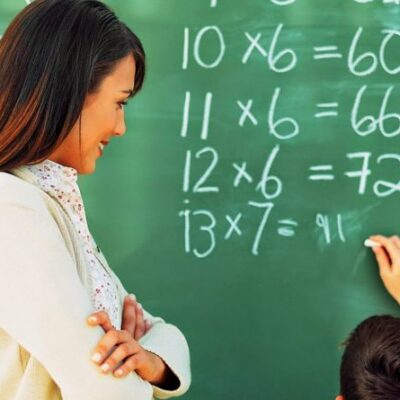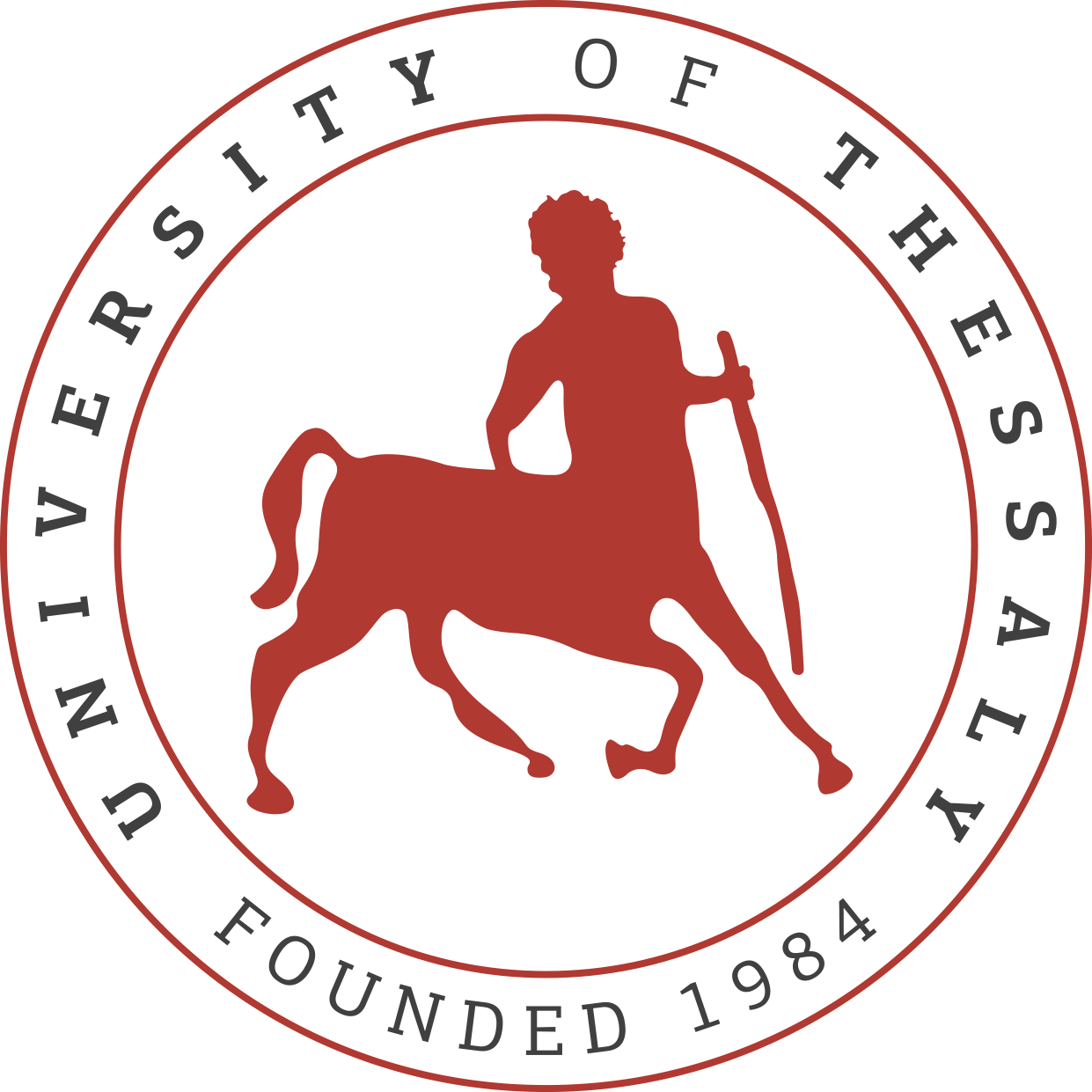Mathematics Literacy Laboratory in formal and informal frameworks
[drupal_rest_unit]

Mathematics Literacy Laboratory in formal and informal frameworks
Website: http://mathliteracy.sed.uth.gr
Mathematics is a symbolic means of signifying both direct experience and scientific engagement, forming corresponding ways of thinking, as well as opportunities for communication and participation. The development of mathematical knowledge and skills relates to historical, social and political contexts, the means and content as they are shaped, and are dynamically evolving in the contemporary multicultural and multilingual landscape. The Laboratory of Mathematical Literature in Formal and Informal Frameworks was designed to be a research, analysis and teaching area, mainly mathematical literacy, but also complementary literacies, such as digital, multimodal, etc. In the Laboratory framework, mathematical literary is approached through sociocultural perspective (e.g Ethnomathemathics) emphasizing the social dimension of knowledge and the role of the context within it is developed, as well as the ideological dimension of knowledge.
From a research point of view, and through the perspective described above, we are interested in studying school mathematics literacy as part of the broader literacy that are developed outside of classroom contexts, as well as their dynamic interaction. The study of mathematical literacy, outside the school context, will create conditions for the empowerment of students, especially those from minority and marginalized backgrounds, mitigating the consequences of the acculturation process they experience in the classroom and in the school with obvious consequences. As for teaching, students will be encouraged to view individual literacies (mathematical, digital, etc.) not as discrete and closed systems, but as part of a larger whole, including literacies that develop in other — outside the school — contexts, and that all of these literacies interact and inform each other.
Functions and social objectives of the Laboratory
Based on the above, the objectives of the Mathematical Literacy Laboratory in Formal and Informal Frameworks are as follows:
- Theoretical and practical training of undergraduate and postgraduate students in the scientific fields of Mathematics Literature.
- Promoting interdisciplinary teaching of Mathematics with other subjects and highlighting functional relationships between them.
- Exploring the role of language in the teaching of mathematics, especially in multilingual settings.
- The development of research programs related to the interests of the Laboratory.
- Cooperation, of any kind, with faculty members of the Department or other Departments of the University of Thessaly, as well as with other research centers, national and international academic institutions, provided that the scientific objectives are relevant, coincide and complement each other with those of the Laboratory.
- The organization of scientific lectures, meetings, seminars, symposia, conferences and other scientific events with the invitation of Greek and foreign recognized scholars and the promotion of publications both in Greece and internationally.
- The production of educational material.
- Educating teachers and informing the public about the issues described in the first section.
- Finding ways to participate in projects for socially excluded groups.
- The provision of services to individuals as described in the P.D 159/1984 (A’53).
Target Audience:
- Students of the Department of Special Education and other Departments in specific interdepartmental collaborations
- Faculty members of Special Education Department
- Faculty members of other Departments / Universities both in Greece and abroad
- Teachers in Preschool, Primary, Secondary, and Technical Vocational Education
- The broader community

